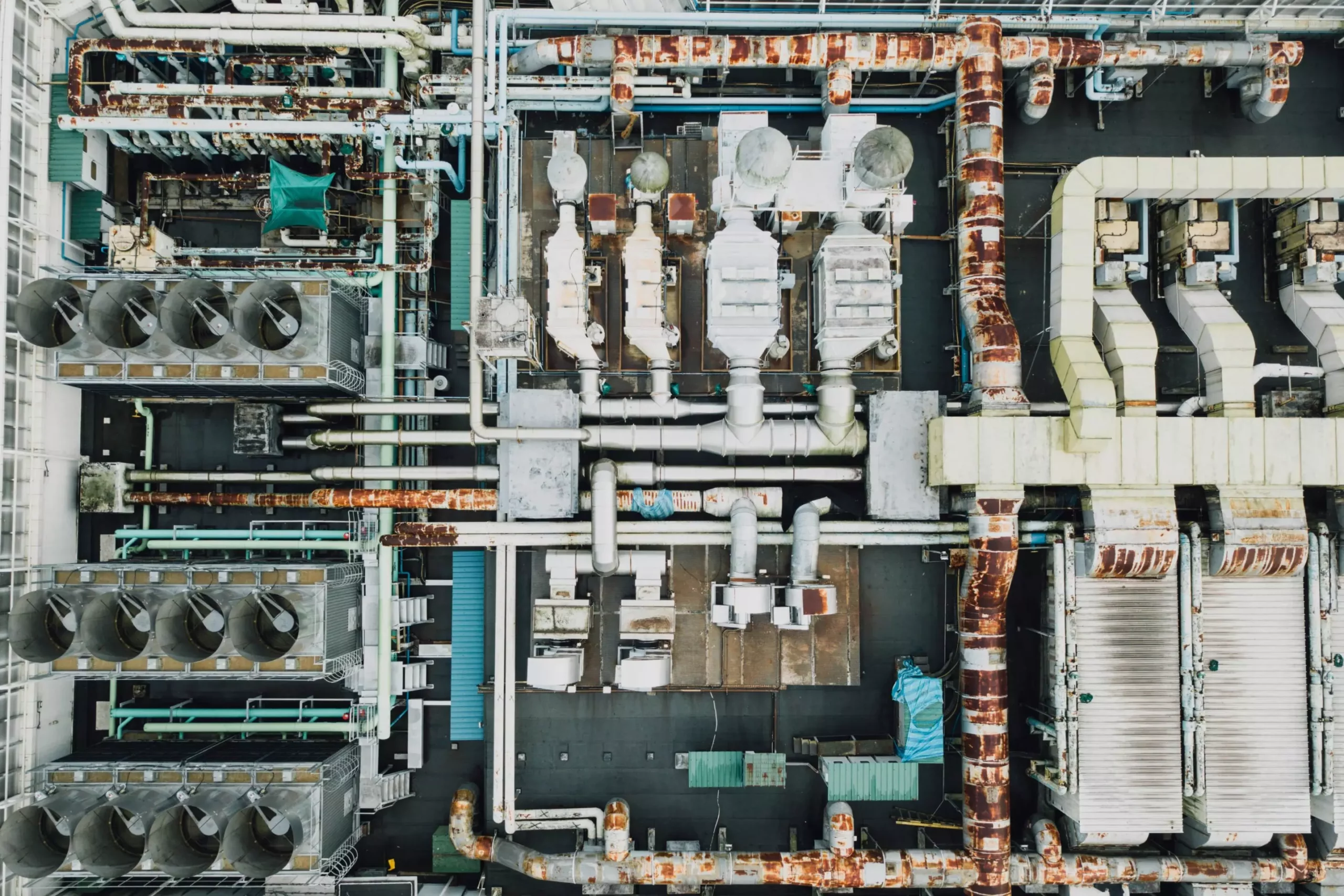The realm of robotics continues to evolve, pushing the boundaries of what is possible in high-risk environments. Researchers at the Universitat Jaume I (UJI) in Castellón, Spain, have made significant strides in this field through the Interactive and Robotic Systems Lab (IRS). They have designed a lightweight and modular manipulator robot equipped with cutting-edge technology that allows for safe inspections in hazardous scenarios. This initiative not only showcases technical prowess but also emphasizes the importance of protecting human health in risk-prone environments.
The newly developed robotic manipulator is designed for mobility and modularity, allowing it to adapt to various operational conditions. Central to its operation is a remote control station that integrates advanced 3D perception capabilities. This technology includes sophisticated simulation software that creates a digital twin for operator training, enhancing user proficiency before actual deployment. By simulating dangerous environments, operators can gain critical experience in a controlled setting, thereby reducing risks when engaging with real-world applications.
The manipulator robot has been initially utilized for the inspection of plastic pipes. Using both probing techniques and artificial vision, it can navigate and assess difficult-to-reach areas that may pose health risks to human inspectors. The platform’s capacity to operate in environments such as nuclear power plants or near particle accelerators signifies its versatility. Furthermore, it can be repurposed for additional fields, including healthcare and education, where unconventional challenges arise, such as infectious disease control.
The technological advancements embedded in this system include a Robot Operating System (ROS)-based server which allows for scalable client interactions tailored to specific missions. This feature ensures that the manipulator can expand its functionality to meet varying operational demands. Hardware components are also meticulously designed; for instance, the robot’s low weight, efficient power consumption, and wireless communication capabilities enhance its ease of use and effectiveness.
The development of this innovative robot is part of the Euro-funded project “EU H2020 El-Peacetolero.” This initiative involves collaboration among nine European universities and research centers focused on pioneering electronic solutions for polymer scanning methods. Such collaboration not only accelerates technological development but also enhances knowledge sharing and innovation across borders.
UJI is committed to ensuring that the fruits of its research extend beyond its walls. The university actively engages in technology transfer through the Cooperation and Technological Development Office and the Vice-Rector’s Office for Scientific Transfer, Innovation and Dissemination. This strategic focus on collaboration with industries aims to promote and implement scientific advancements while cultivating an environment conducive to innovation. By negotiating specific applications and licensing agreements with interested companies, UJI hopes to push the boundaries of robotic capabilities further into demanding fields.
The IRS group’s development of a modular and lightweight manipulator robot heralds a new approach to inspections in hazardous environments. Through innovative technology and strategic partnerships, this initiative not only safeguards human health but also exemplifies the transformative potential of robotics in diverse sectors. The future of inspections in perilous environments looks promising, underpinned by the rigorous research and technological advances spearheaded by institutions like Universitat Jaume I.

